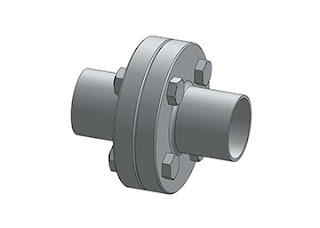Prevent Unpredicted Spray Outs with Flange Guards
With a number of hazards you are
in constant touch by Working in a chemical industry. Sudden spray outs or
leakages may be witnessed by one of the common hazard most of the chemical
industries. These leakages from the pipelines or failing joints may create a
constant threat to your life and cost you the fortune.
At your workstation, you should
install Safety spray shields in an
order to minimize the damage or prevent the condition at least. These are
well-designed safety protectors that until the isolation of the pipe never allow
the harmful gases or liquid fall from the flange valve.
In reducing the damage these are effective.
To manufacture these safety shields, the common materials used are Polypropylene,
PVC and PTFE. All the above materials are able to withstand other hazards, mist
formation, harmful chemicals and UV weather. These are able to tolerate the pressure
and temperature of chemical flow out.
Any spray out that probably
occurs because of the fail in the connection are diverted by the Flange Guards
while protecting personnel and plant from its catastrophic effects. To give a
clear indication of the presence of a leak inside these are manufactured of
clear reinforced cloth.
From big losses, this advance
indication protects you as to minimize the loss or injury to anyone and to wrap
up the things they give you enough time. The Stud bolt b16 is very useful too.
These flange guards have great
demand in almost all the petrochemical industries, chemical plants, food
processing plants steel mills, mining operation, paper mills, and pharmaceutical
plants, etc. because in all these industries the risk of unpredicted spray outs
are high.
As
per your flange valve, you can choose the appropriate diameter or size of the
flange guard. But now, about those unexpected leakage or spray outs you don't
need to worry with the installation of these flange guards. For the safety
purpose choose the right option as The choice to be safe is in your own hands.



Comments
Post a Comment